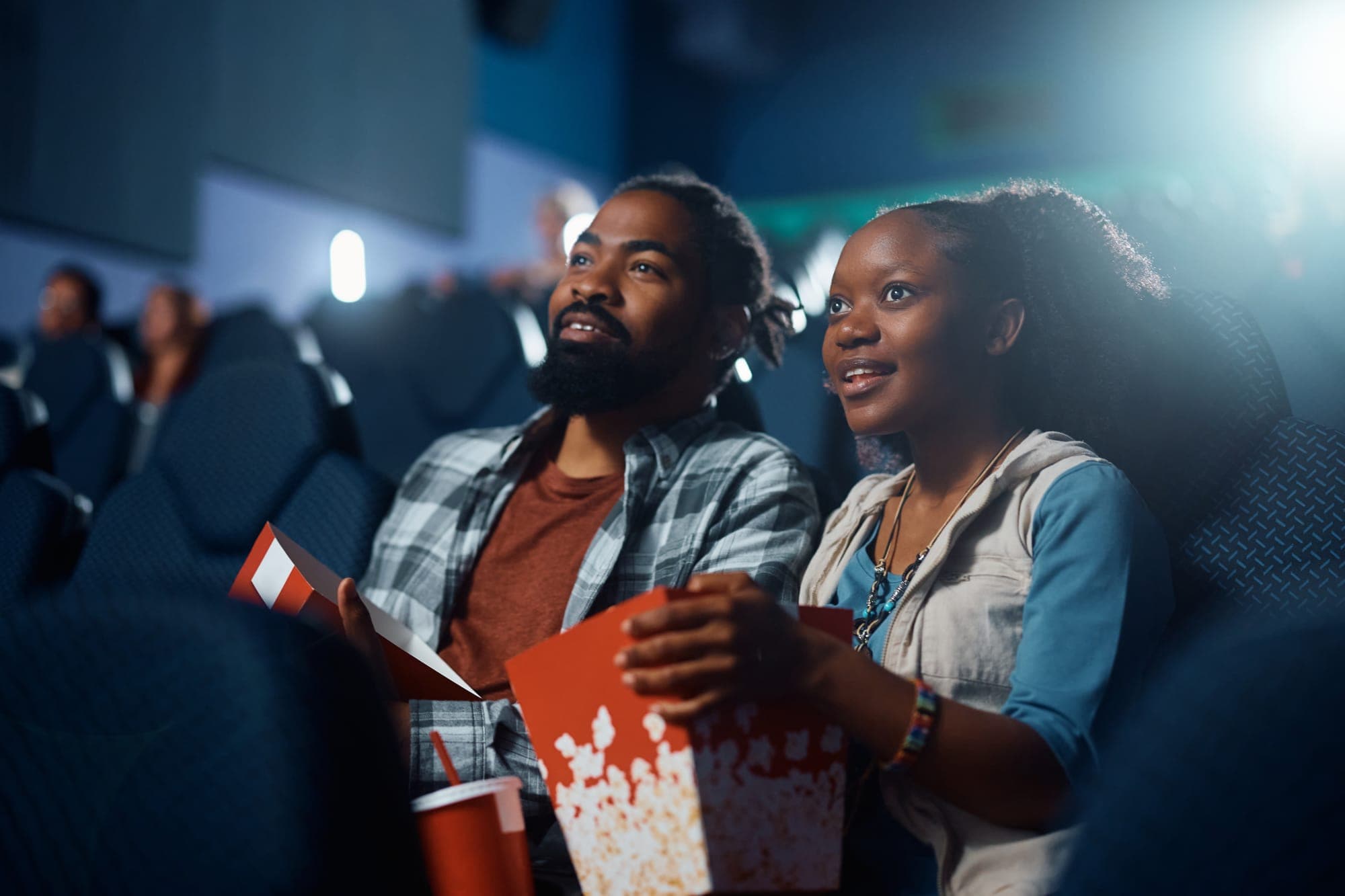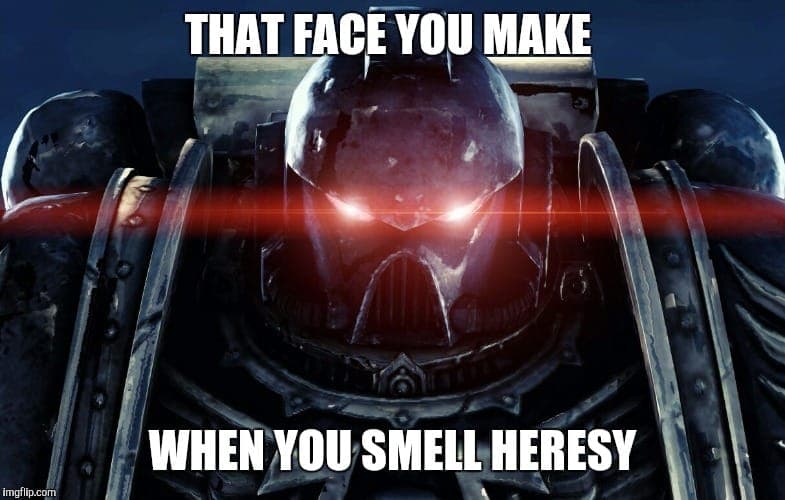Adaptations Aren't Always as Bad as You Think
You get an adaptation, and you get an adaptation! Everyone's getting an adaptation! Some may be objectively bad, not all are as bad as you think.
Published:

It’s a lazy afternoon. You’re kicking back, catching up on social media when suddenly that trailer hits you. Shiny music, vibrant world, there's clearly some serious work behind this movie. But wait, the plot sounds... oddly familiar. Oh no... they've adapted your favorite book into a movie.
Or they adapted your favorite cartoon into live action.
The disappointment hits hard. Those aren't the characters from your imagination. Their voices sound... wrong. And something's missing from the world, those little details that made it so special. A sense of betrayal washes over you. This is heresy!

There’s a sense of magic you feel the first time you experience a story. You embark on a unique journey with the story’s characters. You discover new lands, new people, and unravel the mysteries of their world. Nothing can take the magic of that journey away from you, but once you’ve experienced that story, no retelling of the story will match that initial experience.
So, it's kind of hard to be impartial judges of new adaptations. We have expectations for the story's flow, but changes to that, even in the most faithful adaptations, are inevitable. That's because different storytelling mediums have different strengths. For example:
- Books: Authors have complete control over the storytelling elements, describing every manner of sensation for the reader’s imagination. From sights and smells to feelings and direct inner thoughts. Many of these ideas are things that can’t be fully realized in other media formats.
- Movies: The storytelling is more visual, driven by evocative imagery and impactful music. Focusing on shorter storytelling formats and exciting visuals, details are often cut out. Feelings and emotions that may have been easier to describe in literary format rely on the acting performance, tone of voice, cinematography and music to relay, and still may be difficult to capture in comparison. For some, the format of the movie may be more exciting and easier to digest than its lengthier counterparts.
- Series: With much of the same positives and negatives of movies, series benefit from having a longer format. This allows more time to spend on character or plot development and fewer story details to be left out. There are still things that don’t translate well to the visual medium, but the series can often be more faithful to the original stories in many regards.
Sure, there are objectively bad adaptations out there - ones that pander poorly to fans and confuse viewers unfamiliar with the story, ones that try to include too much content and leave the plot feeling rushed making it hard to relate to the characters, and ones that barely use the original content at all creating a story that only slightly resembles the original story.

Many more adaptations are unfairly criticized. They tell rich and vibrant stories, engaging new fans into the magical journey that may have never experienced it. Often these adaptations draw a fresh fan base back to the original content, renewing interest in novels or comics that may have grown stale.
I’ve seen many of my favorite books, comics, and manga series get pulled from hiatus and have their story continued following the surge of interest. Alternatively spin-offs or new stories are written expanding the world where the original story took place. These have been absolute wins for fans of the original content, regardless of how they felt about the adaptations.
You could also argue that revived interest and spinoffs distract the author from long awaited sequels... I mean you, George R. R. Martin.
As true fans of a story, we should be happy to see new ways for people to engage with the story and characters we love, and we should encourage this! We may never love the adaptations ourselves, but objectively speaking, if we had never read the books to begin with, could we really say we hate the adaptations?








